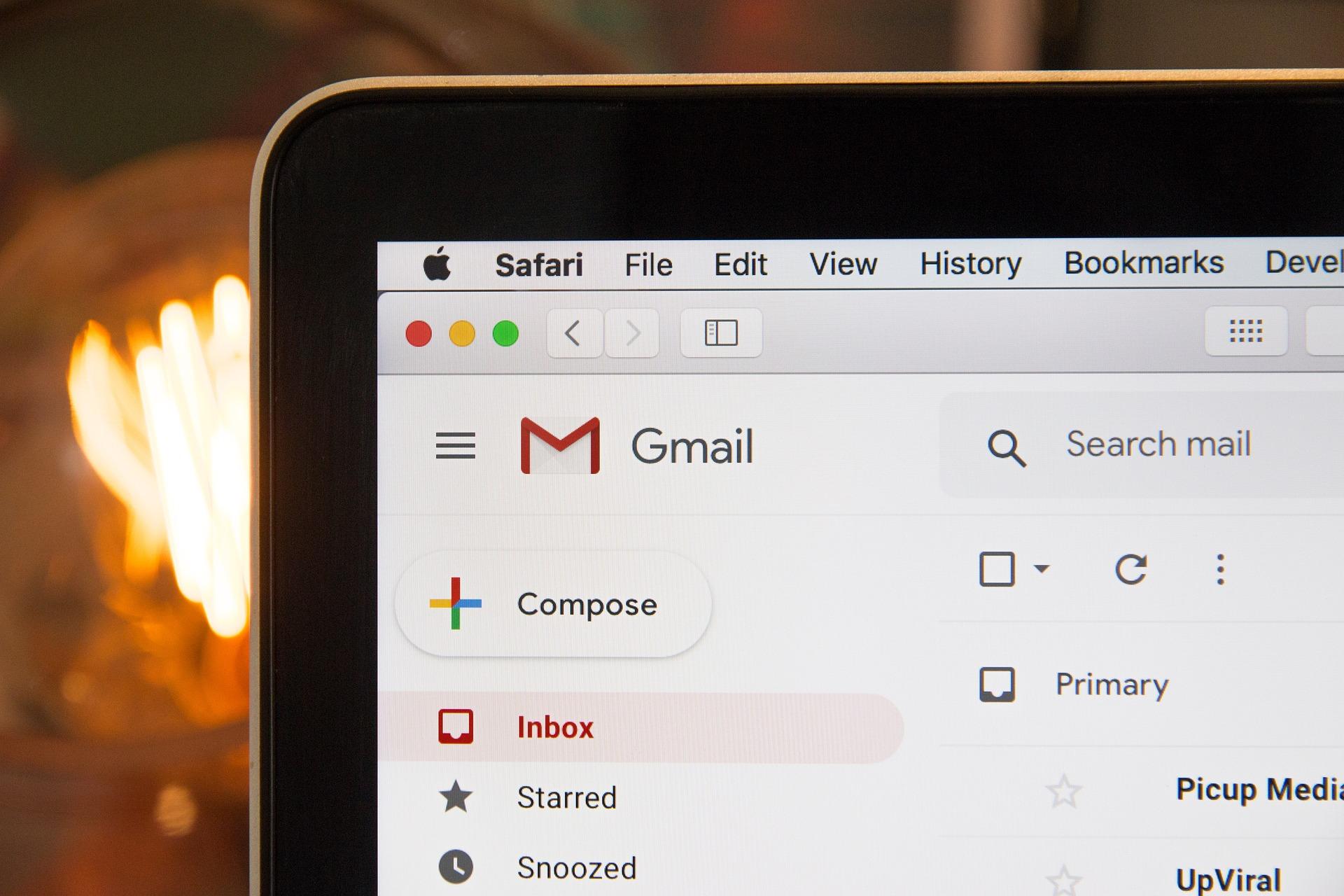
A viral video by Faisal Khan, popularly known as Khan Sir, has triggered a heated debate on social media after he claimed that worsening relations between India and the United States could lead to Gmail being banned in India. In his video, Khan Sir went further, suggesting that such a move would bring India “to the ground,” disrupting not just Gmail but also UPI, Facebook, WhatsApp, and even mobile phones.
The statement quickly spread across social media, sparking both ridicule and confusion. Many users criticized Khan Sir, pointing out that blocking Gmail would not affect UPI or the functioning of payment apps. Some argued that banning Gmail would effectively mean shutting down Google services altogether, which could impact the Google Play Store and thus indirectly affect app downloads.
UPI and Gmail Are Not Linked
To clear the air, AI chatbot Grok was asked about the issue. Grok clarified that Khan Sir’s claim involved some misunderstanding. UPI, India’s Unified Payments Interface, does not depend on Gmail or Google services to function. Instead, it runs on servers managed by NPCI (National Payments Corporation of India), which operates its own dedicated Indian data centers. Even if Gmail were to be blocked, UPI apps like BHIM, Paytm, PhonePe, and others would continue to work without disruption.
Senior advocate Prachi Pratap also confirmed this, saying:
“Using UPI does not require a Gmail account. All you need is a payment app linked to your phone number and bank account. NPCI has its own secure data centers, and UPI does not rely on public cloud systems.”
NPCI, a not-for-profit company established in 2008 by the Reserve Bank of India (RBI) and the Indian Banks’ Association, was created specifically to strengthen digital payments and ensure security across India.
Can Donald Trump Ban Gmail in India?
The larger question remains: does U.S. President Donald Trump have the power to ban Gmail in India? According to an India Times report, the answer is no. As a sovereign country, India alone has the authority to ban or restrict Gmail within its borders. Gmail is a product of Google, a private company. While the U.S. president can impose restrictions on American companies under certain circumstances, he cannot directly decide whether Gmail operates in India.
Prachi Pratap further explained that in extraordinary cases, the U.S. president could invoke the International Emergency Economic Powers Act (IEEPA) of 1977. This law allows the U.S. government to block American companies from offering services in certain countries if they are deemed a national security threat. However, such a decision would require a formal declaration of national emergency and would likely affect multiple companies, not just one like Google.
Why Google Would Not Exit India
Even in the unlikely scenario that the U.S. government applied pressure, it is hard to imagine Google voluntarily shutting down services in India. India is one of Google’s largest markets globally, and cutting off Gmail, Play Store, or Android services would mean a massive business loss. As experts point out, it would be like “Google shooting itself in the foot.”
The Bottom Line
Khan Sir’s viral video has stirred speculation, but the facts show a different picture. Gmail being banned in India is highly unlikely, and even if it were, UPI and most digital payment systems would continue functioning normally. Only the Indian government has the power to restrict Gmail in India, not the U.S. president. While geopolitical tensions between India and the U.S. could affect trade and tech collaborations, fears of phones shutting down and payments collapsing overnight are largely unfounded.
Disclaimer:
This article is based on publicly available information, expert opinions, and media reports. The claims made in Khan Sir’s viral video have been analyzed and clarified with factual references. The content is intended for informational and educational purposes only and should not be considered legal, financial, or political advice. Readers are encouraged to verify facts independently before drawing conclusions.




